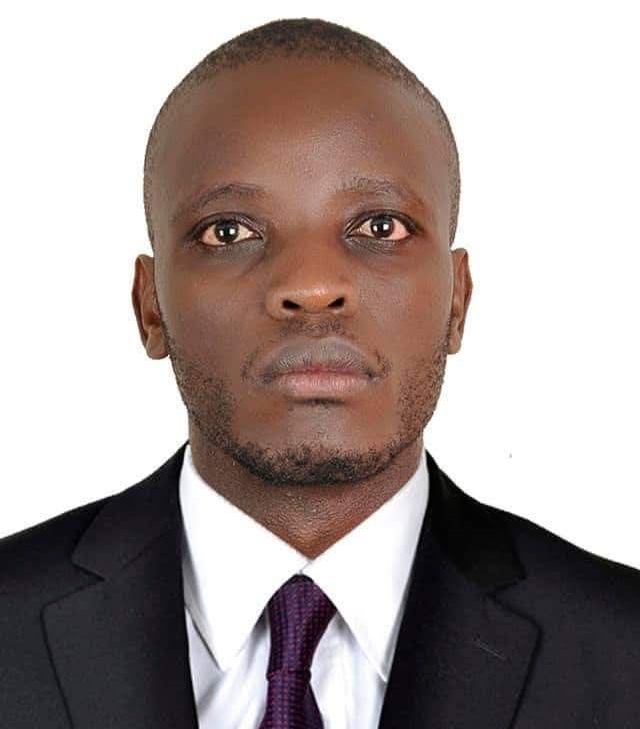On the eve of October 9, when Uganda remembers the day in 1962, it officially became a sovereign nation, we must pause not in triumphant jubilation, but in sober reflection. For all the fanfare, flag-raising, and anthems, the truth stands undimmed: independence was conferred on paper; real emancipation from structural, institutional, and psychological dependency remains elusive. This is not cynicism, it is a call to see clearly, to interrogate our national story, and to transform illusions into genuine liberation.
At the dawn of self-rule, Uganda’s founders envisioned a new epoch of dignity, equality, and prosperity. Yet, the colonial scaffolding of administration, economic extraction, and social stratification was scarcely dismantled. The blueprint of colonial governance centralized authority, elite mediation, and external dependency was merely inherited and rebranded. British and foreign capital continued to finance infrastructure; Western interests dictated trade and policy direction. Over time, independence became a façade: a legal status of sovereignty concealing enduring dependency. The promise of liberation was reduced to ceremonial symbolism, with the instruments of oppression simply transferred from white hands to brown.
The decades that followed independence were marred by coups, autocratic rule, and institutional fragility. The same instruments of colonial control laws, security apparatuses, and administrative systems were weaponized to perpetuate domestic domination. Power became concentrated around narrow political elites, often educated abroad and entrenched in international networks. The postcolonial state thus evolved not into a republic of equals, but into an oligarchy of privilege. Independence, instead of redistributing power, reproduced it. The ordinary Ugandan remained at the margins, bearing the weight of elite continuity disguised as self-governance.
Now, sixty-three years later, our annual celebration risks becoming ritual without introspection. To be patriotic is not merely to wave the flag or sing the anthem; it is to ask uncomfortable questions about the state of our freedom. We must measure independence not by the colour of the flag but by the quality of the citizen’s life. If liberty does not translate into health, education, dignity, and justice, then our sovereignty is a hollow promise.
Uganda’s health sector, for instance, mirrors the broken anatomy of our independence. Despite the 1995 Constitution pledging social and economic transformation, the right to health remains consigned to unenforceable Directive Principles. Citizens cannot claim it directly in court; its fulfillment rests on shifting political priorities and donor goodwill. Hospitals are underfunded, understaffed, and overcrowded. Many rural areas lack access to medical services, and the country’s doctor-to-patient ratio remains among the lowest in Sub-Saharan Africa. The persistent exodus of medical professionals driven by low pay, poor facilities, and neglect has turned our health system into a skeletal framework struggling to stand. If the state cannot guarantee the sanctity of life, its independence loses moral legitimacy.
Education, too, suffers from the paradox of form without substance. While universal primary education expanded enrollment, it did little to ensure quality. Hidden costs uniforms, examinations, and materials continue to exclude the poorest. Teachers endure low morale, inadequate pay, and lack of resources. Classrooms overflow, libraries are barren, and laboratories are non-existent in many rural schools. At higher levels, universities and vocational institutes often mirror donor-driven agendas rather than local realities. Curricula remain largely colonial in content and orientation, producing graduates equipped for global conformity rather than national innovation. Education that fails to liberate the mind is but another chain disguised as opportunity.
Infrastructure, which should be the veins of economic independence, remains largely foreign-funded and externally directed. Major projects are financed through loans whose terms prioritize creditor profits over national interest. Roads, railways, and energy corridors are often constructed by foreign firms, with materials imported and profits repatriated. This model deepens indebtedness and dependency. Rural connectivity remains weak, leaving vast parts of the country isolated, especially during the rainy season. The paradox is glaring: billions are borrowed in the name of development, yet the ordinary citizen’s mobility and productivity remain stifled. Independence that cannot build its own roads to equality is an illusion.
Politically, Uganda’s constitutional architecture looks sound boasting a separation of powers, an independent judiciary, and a Bill of Rights. Yet, in practice, these institutions often bend under executive weight. The presidency wields immense power over appointments, budgets, and the direction of policy. Parliament, frequently captured by partisanship or patronage, rarely exercises genuine oversight. The judiciary, though courageous in certain decisions, operates under financial constraints and political pressure. The Uganda Human Rights Commission, established to defend citizens’ liberties, remains under-resourced and vulnerable to executive interference. The 2024 Constitutional Court’s partial nullification of the Anti-Homosexuality Act, though a step toward rights protection, also revealed the enduring tension between constitutional ideals and political expediency. Independence without institutional integrity is theatre, a show staged for legitimacy while justice languishes backstage.
What, then, would genuine independence require? First, Uganda must constitutionalize socioeconomic rights, enshrining health, housing, education, and social security as enforceable guarantees rather than aspirations. Second, institutions must enjoy real autonomy, free from executive manipulation and budgetary subservience. Third, Uganda must pursue tax justice and domestic revenue mobilization to escape the shackles of external aid and conditional loans. Fourth, the governance and knowledge systems we operate must be decolonized; our policy frameworks must emerge from indigenous realities rather than imported blueprints. Fifth, infrastructure development should prioritize national integration and local capacity, not foreign contractors and external corridors. Sixth, the provision of health, education, and welfare must be viewed not as acts of charity, but as duties of citizenship and justice. Finally, civic consciousness must rise, a culture of accountability where citizens demand rights, not favors, and where leaders serve, not rule.
To critique independence is not to deny progress. Uganda has made strides: improved life expectancy, increased literacy, partial industrial growth, and expansion of electricity coverage. Yet progress without structural transformation is precarious; it is motion without direction. Our challenge is not the absence of change, but the absence of liberation.
This Independence Day, we must resist the temptation of comfortable illusion. True patriotism lies not in celebrating what we have inherited, but in building what we have yet to achieve. Independence is not an event of 1962; it is an unfinished revolution, a continuing struggle to free ourselves from dependence, domination, and despair. Until every Ugandan enjoys the fruits of justice, dignity, and opportunity, freedom remains a mirage shimmering above a thirsty nation. Our task, therefore, is clear: to turn the mirage into reality, and to make independence not just a memory, but a living truth. The writer is a lawyer, researcher, and governance analyst.








